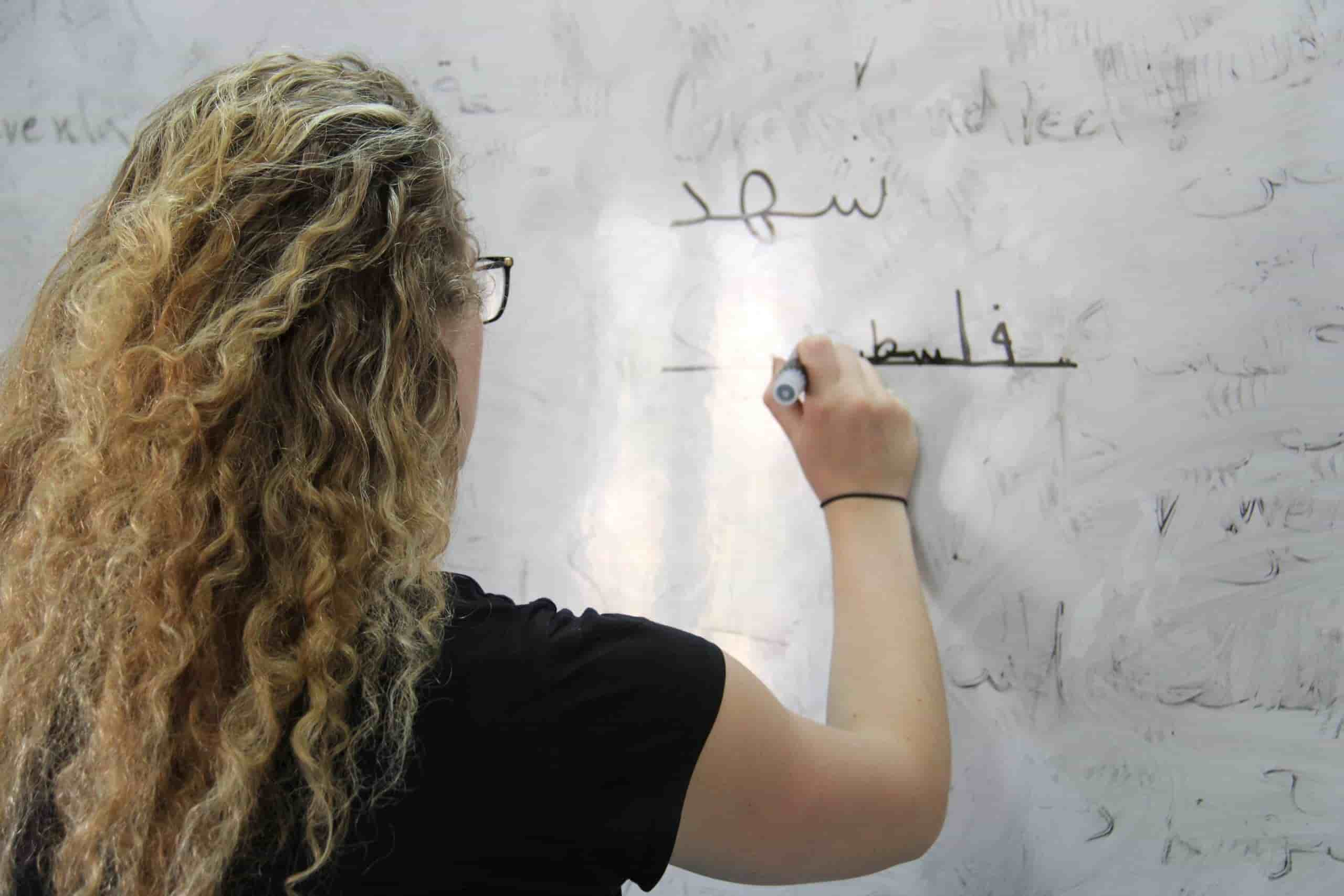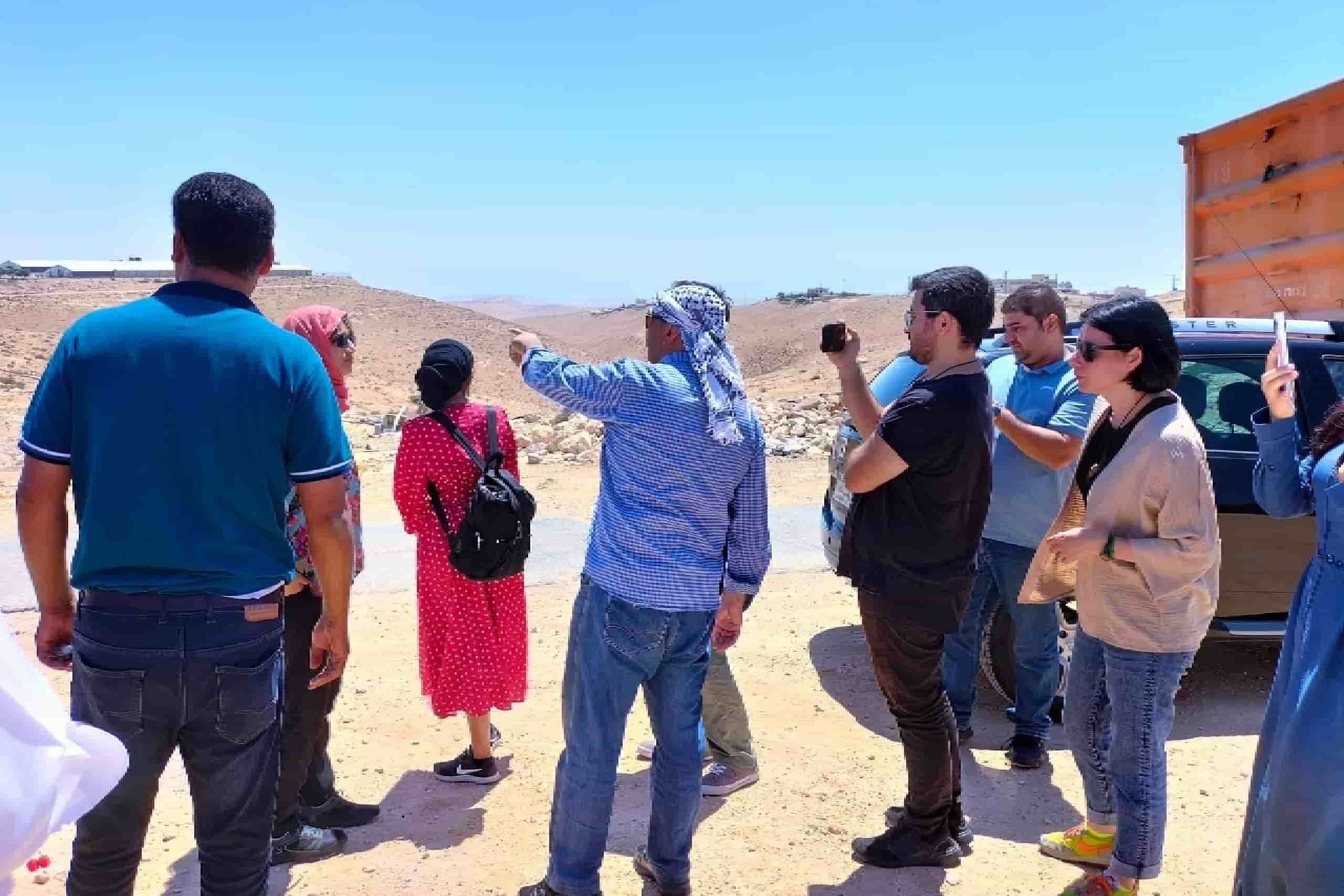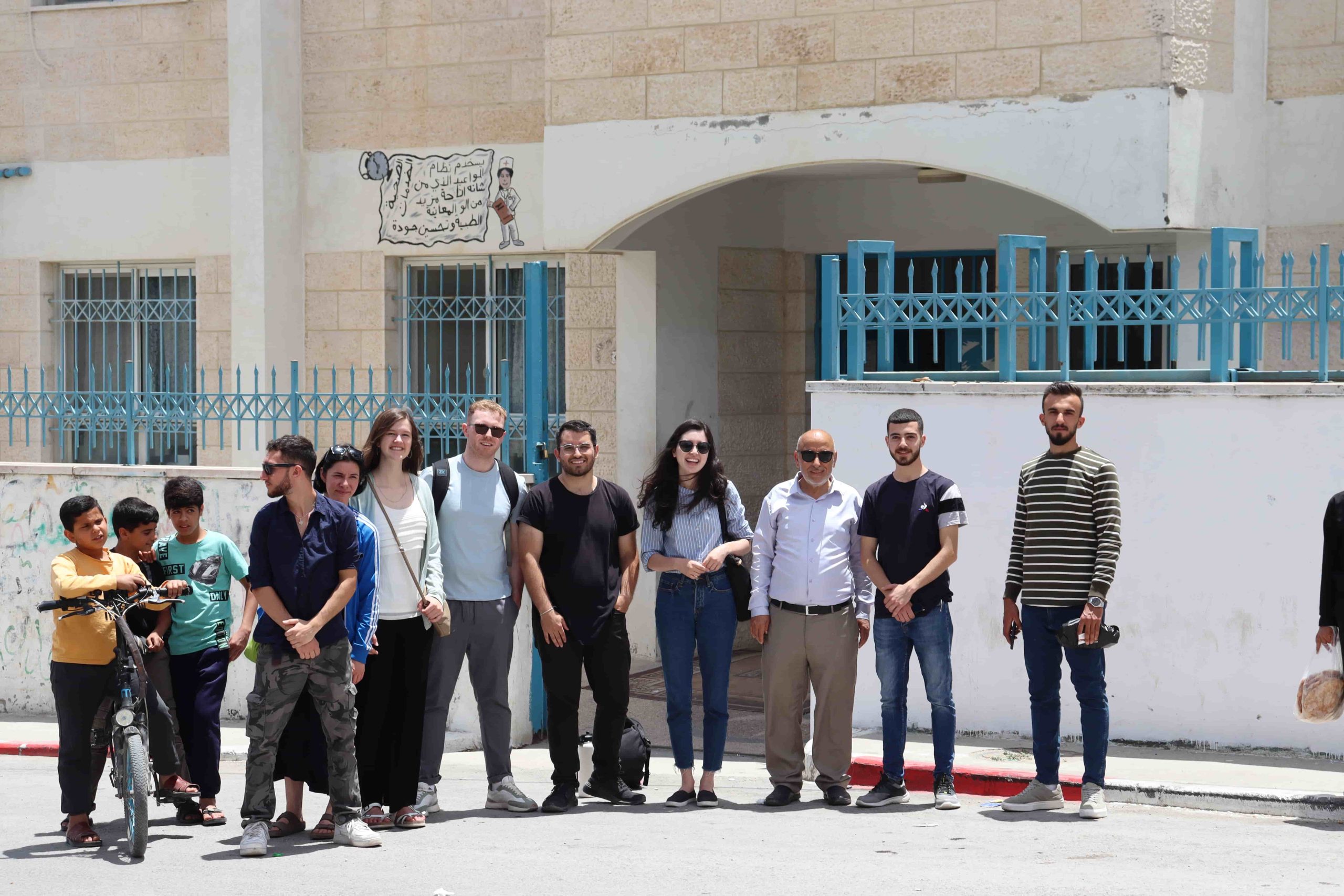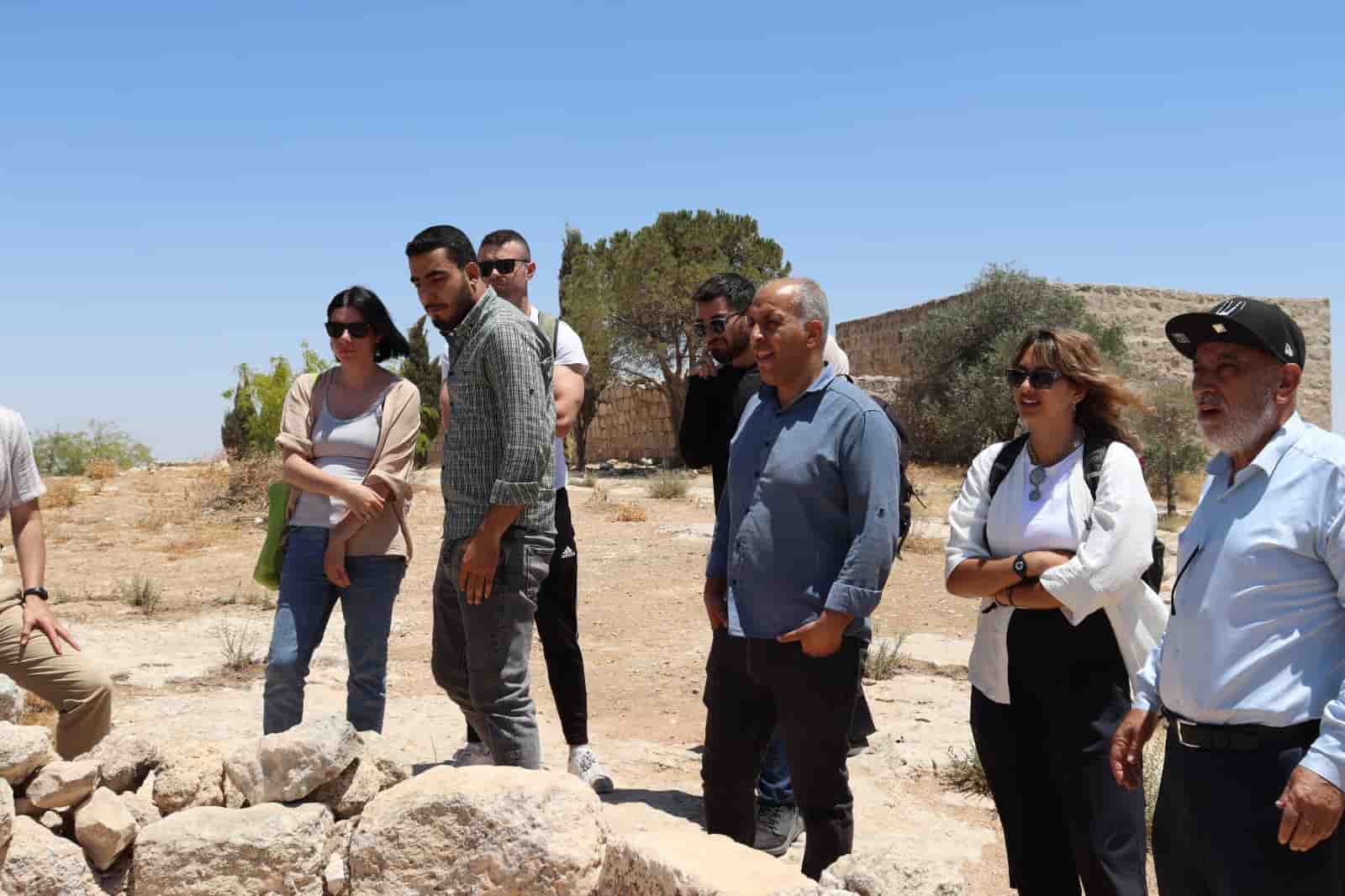
Why Arabic is a very important language?
There are more than 300 million native Arabic speakers in the world today, making it one of the most commonly spoken languages in the modern era. It is a critical language to know for a variety of careers, including those in politics, comparative religion, history, international development, human rights, and global studies. Arabic is a beautiful language with dozens of dialects and an ancient history. It is spoken in many countries around the world, in the Middle East, Northern Africa, and Asia.
Where to Study Arabic in Palestine?
There are many centers and universities that offer Arabic learning classes to international visitors in cities like Bethlehem, Ramallah, Jerusalem, and Hebron. Many of the programs last as little as one week or as long as three months. At the Palestine Center for Knowledge and Cultural Exchange in Hebron, international volunteers receive 3 hours of Arabic per day for the intensive Arabic program and 3 hours per week for all other programs. Lessons are taught in the shaami dialect, allowing students to become familiar with one of the informal Arabic dialects. Volunteers are afforded one-on-one, individualized classes with highly qualified instructors who speak fluent Arabic and English. By the end of the volunteers’ stay, the instructor is not just a teacher, but a friend.
The classes are conducted at the student’s own pace and caters to what the student wants to learn: the alphabet, grammar, vocabulary, or conversation. Shorter-term volunteers will learn phrases that will be useful when shopping, ordering food, or calling a taxi, as well as appropriate greetings and farewells. Longer-term volunteers may wish to learn the alphabet as well, so they can begin to learn to read in Arabic. Some volunteers come to Palestine having taken some university courses in Arabic, but many come without any knowledge of the language at all. No matter what your level, the professors and the staff at the Palestinian Center for Education and Knowledge Exchange are always willing to help volunteers practice and are always encouraging, supportive, and patient with learners.



Intensive & non-intensive Arabic classes
The classes are conducted at the student’s own pace and caters to what the student wants to learn: the alphabet, grammar, vocabulary, or conversation. Shorter-term volunteers will learn phrases that will be useful when shopping, ordering food, or calling a taxi, as well as appropriate greetings and farewells. Longer-term volunteers may wish to learn the alphabet as well, so they can begin to learn to read in Arabic. Some volunteers come to Palestine having taken some university courses in Arabic, but many come without any knowledge of the language at all. No matter what your level, the professors and the staff at the Palestinian Center for Education and Knowledge Exchange are always willing to help volunteers practice and are always encouraging, supportive, and patient with learners.



Arabic ONLINE courses in Palestine
The center offers in-person and online learning experiences and gives students the chance to practice what they’ve learned in practical settings. For example, the center takes volunteers, interns, and Arabic students on weekly field visits to organizations, refugee camps, and Palestinian homes in and around Hebron.
These experiences provide students with the opportunities to practice new vocabulary and conversational skills while also allowing them to engage in cross-cultural exchange through language-learning. It is also fun to surprise native speakers with your newfound Arabic language skills because Palestinians are always willing to speak with you in Arabic and extremely patient and forgiving of mistakes.
Study Arabic and Stay with a Palestinian Host Family
Volunteers, interns, and Arabic students also have the opportunity to stay with a Palestinian host family, further immersing them in the Palestinian culture and Arabic language. Learning Arabic is critical to understanding geopolitical current events in the Middle East and allows for more interpersonal connection with locals. One of the best ways to understand how others live in the world is through knowledge of language and wholeheartedly immersing oneself in the culture. It is imperative to create cross-cultural connections by enhancing intercultural competence and sensitivity.
You will feel much more confident in reading, writing, and speaking in the language and frequently complimented on conversational skills when you speak in Arabic to local taxi drivers, shop owners, and friends. Crucial to maintaining and enhancing your Arabic vocabulary is practicing regularly, even once you return home. You’ll find that watching Arabic television shows and TikTok videos in Arabic is a challenge to increase your understanding of the language.
How do I apply or receive additional information?
Please send an email to Mr. Tamimi, at [email protected]. Please type “Study Arabic in Palestine Program” or “Study Arabic in Palestine” in the subject line. In the body of the email tell us of your interest, ask any questions you may have, and request an application. Very shortly we will reply to you.
WhatsApp: +972598172071
The Palestinian Center (Go Palestine) on Facebook: https://www.facebook.com/gopalestinehebron/
The Palestinian Center (Go Palestine) on Instagram: https://www.instagram.com/go_palestine/
The Palestinian Center (Go Palestine) Youtube Channel: https://bit.ly/2RJx2Ya
